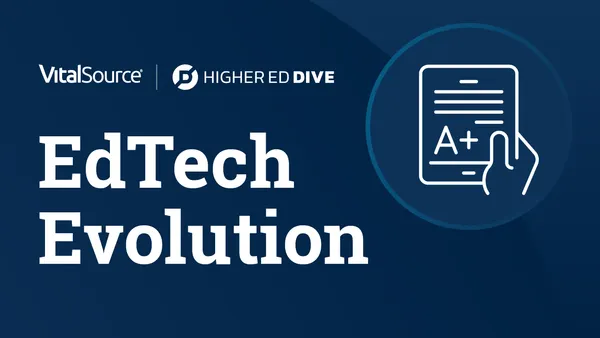Dive Brief:
- The Chronicle asks the question about the ability of distance learning to bring out emotional wonderment from students, a notion that University of North Carolina - Greensboro psychology professor Paul Silvia says is an essential part of the learning process.
- According to Silvia, surprise, interest, confusion and awe are the key tenets by which students are inspired to challenge personal and social norms, all of which transform students' engagement with information and course concepts.
- Several surveys indicate that human interaction with concepts showing nature or science elicits a feeling of perspective in students, which activates a sense of wanting to be a more meaningful part of a world bigger than themselves.
Dive Insight:
It is entirely possibly that content and technology can work together to elicit strong emotions from students, but it is up to academic executives to figure out which courses require which teaching talent to meet that very specific objective. Perhaps Biology 101 or Intro to Composition Writing doesn't meet that standard, but upper level courses with a more industrial focus can demand that kind of teaching acumen and delivery.
What is most interesting about the concept of inspiration in teaching and learning is the notion that liberal arts plays a significant role in helping students understand the vastness of the world around them. Given that colleges and universities are working hard to meet workforce demands, could the notion of inspiration also be a dying art form in college classrooms?








